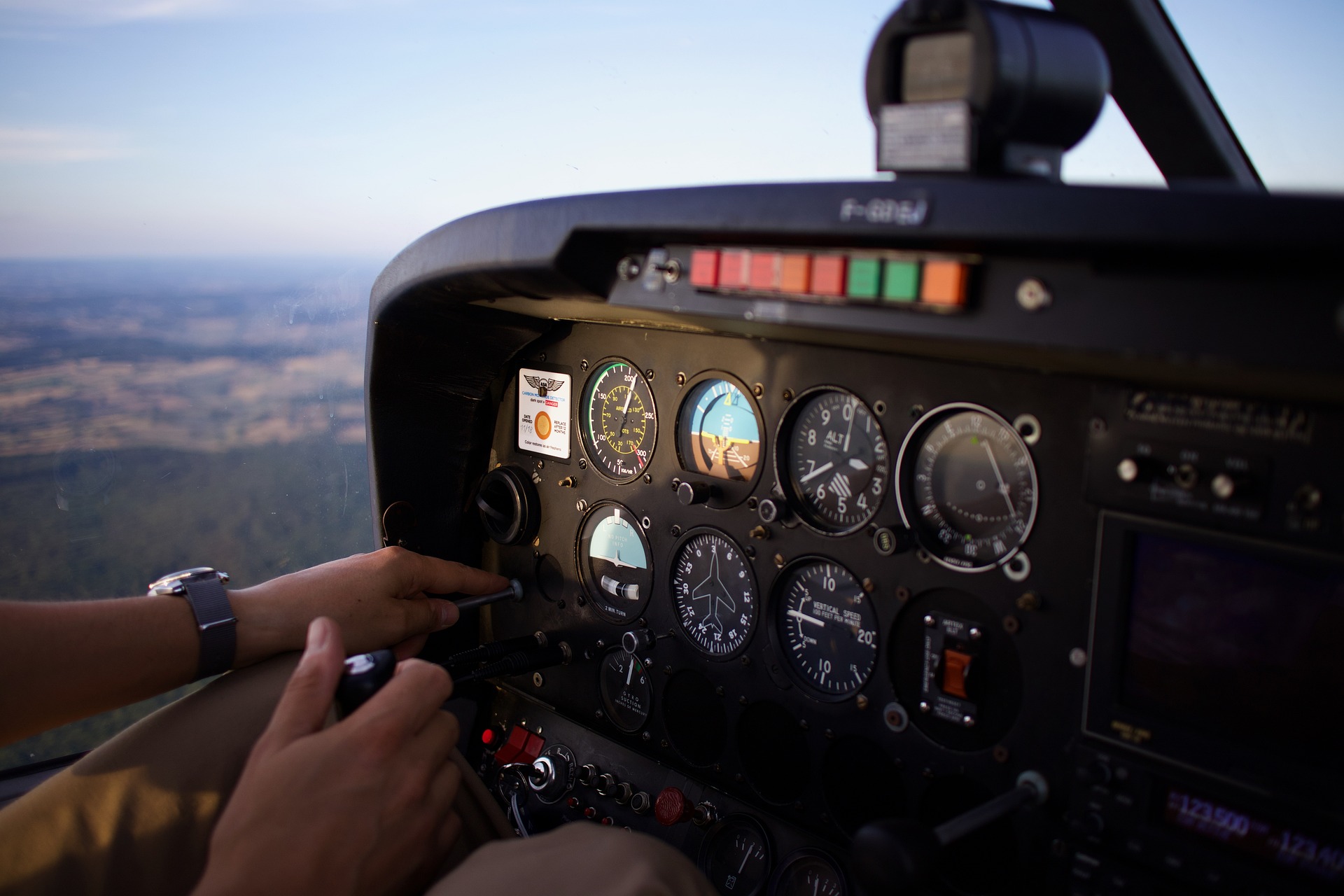Pilot Training for Seniors: Exploring Aviation Later in Life
It's never too late to explore the skies. Many seniors choose to begin pilot training as a rewarding personal goal or long-time dream. Programs are available for different experience levels, with flexible formats and supportive learning environments. Learn what to expect. Discover more in this article.

Why are more seniors choosing to learn to fly?
The desire to learn something new and pursue long-held dreams often intensifies in retirement. For many seniors, learning to fly represents the ultimate adventure and a chance to push personal boundaries. Pilot training offers cognitive stimulation, a sense of accomplishment, and the opportunity to join a vibrant community of aviation enthusiasts. As medical advancements allow people to stay active longer, more seniors are finding that their golden years are the perfect time to pursue pilot certification.
What types of pilot training programs are available for seniors?
Pilot training programs for older adults come in various formats to accommodate different learning styles and schedules. Many flight schools offer specialized courses designed with seniors in mind, featuring flexible schedules and personalized instruction. Options may include:
-
Private Pilot License (PPL) programs
-
Sport Pilot License courses (requiring less medical scrutiny)
-
Ground school classes focused on theory and regulations
-
Discovery flights to test the waters before committing to full training
Some programs even offer “seniors-only” classes, creating a supportive environment where older students can learn alongside peers with similar goals and challenges.
Are there any age restrictions for learning to fly?
While there is no upper age limit for obtaining a pilot’s license in most countries, including the UK, there are some considerations for older learners. The minimum age to hold a PPL is typically 17, but there’s no maximum age as long as you can pass the required medical examinations. For those concerned about meeting stringent medical requirements, the Light Aircraft Pilot’s Licence (LAPL) or National Private Pilot’s Licence (NPPL) in the UK offer more lenient medical standards, making them popular choices for senior aviators.
What physical and mental requirements should seniors consider?
Before embarking on pilot training, seniors should honestly assess their physical and cognitive abilities. While age itself is not a barrier, certain health conditions may affect eligibility. Key considerations include:
-
Vision and hearing acuity
-
Cardiovascular health
-
Cognitive function and reaction times
-
Physical dexterity and strength
A thorough medical examination by an aviation medical examiner is required for most pilot licenses. However, some licenses, like the NPPL in the UK, allow pilots to self-declare their fitness to fly, similar to the standards for driving a car.
What unique benefits does aviation offer as a retirement goal?
Learning to fly as a senior citizen offers numerous benefits that align well with retirement goals. Aviation as a hobby can provide:
-
Mental stimulation and cognitive challenges
-
A sense of freedom and adventure
-
Opportunities for travel and exploration
-
Social connections with like-minded aviators
-
A structured activity to fill retirement time
Moreover, for those living in the UK, the diverse landscape offers stunning aerial views of coastlines, mountains, and historic sites, making each flight a unique experience.
How much does pilot training cost for seniors?
Pilot training costs can vary significantly depending on the type of license, location, and individual progress. In the UK, aspiring pilots should be prepared for a substantial investment in their aviation education.
Here’s a comparison of estimated costs for different pilot training options in the UK:
| License Type | Estimated Cost Range | Typical Hours Required |
|---|---|---|
| Private Pilot License (PPL) | £10,000 - £15,000 | 45-60 hours |
| Light Aircraft Pilot’s Licence (LAPL) | £6,000 - £8,000 | 30 hours minimum |
| National Private Pilot’s Licence (NPPL) | £4,000 - £6,000 | 32 hours minimum |
| Sport Pilot License | £3,000 - £5,000 | 20 hours minimum |
Prices, rates, or cost estimates mentioned in this article are based on the latest available information but may change over time. Independent research is advised before making financial decisions.
These costs typically include flight time, ground school, study materials, and exam fees. Many flight schools offer package deals or pay-as-you-go options to make training more accessible. Some seniors choose to spread their training over a longer period to manage costs and physical demands.
In conclusion, pilot training for seniors is an exciting and achievable goal for many older adults. With the right preparation, mindset, and choice of program, learning to fly can be a fulfilling and exhilarating experience. Whether pursuing a lifelong dream or seeking a new adventure in retirement, aviation offers a unique way to challenge oneself and gain a fresh perspective on the world. As with any significant undertaking, prospective senior pilots should carefully consider their health, finances, and personal goals before taking to the skies.




